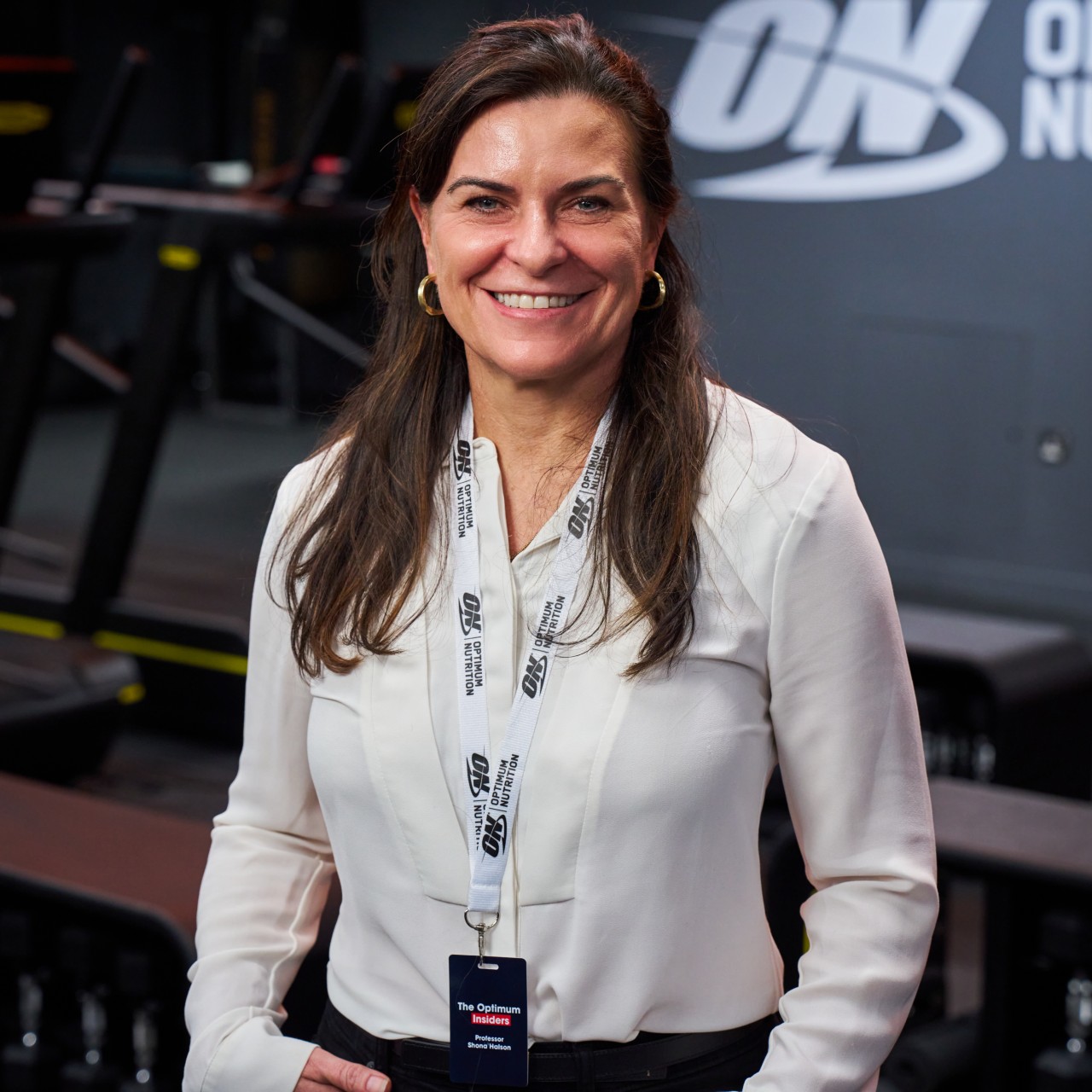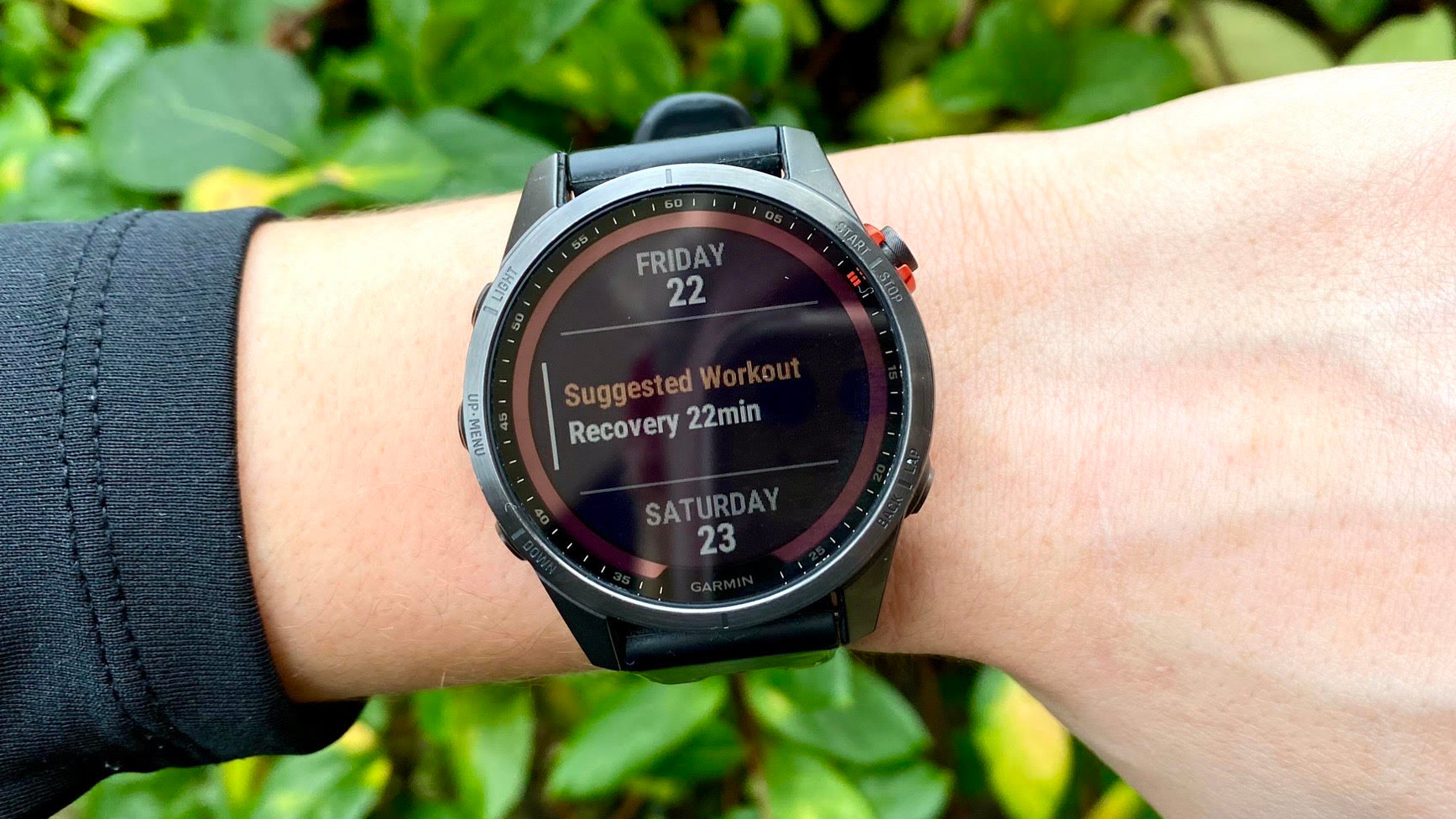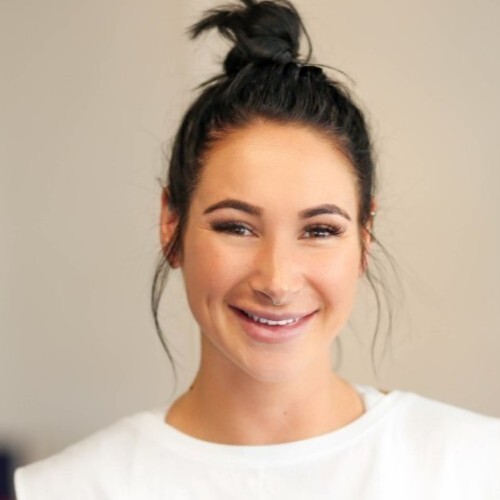
It’s safe to say that those of us wearing the best fitness trackers are getting more and more addicted to our data, especially daily readiness scores. I myself wake up every morning and immediately open the Oura Ring app to check my sleep data, closely followed by the Natural Cycles app to track my reproductive cycle.
In a world dominated by wearable technology, I often wonder if we’ve gone too far. Do we know too much? At a recent Optimum Nutrition event at McLaren HQ, I listened to a panel of health and fitness experts discuss what metrics they actively hide from athletes — I was surprised to learn that daily readiness or recovery scores were one of them.
It got me wondering which metrics actually matter when it comes to recovery and overall well-being, and whether we place too much emphasis on the data. So, I sat down with recovery expert Shona Halson, who headed up three Olympic campaigns as the head recovery physiologist and advises countless elite athletes.
I simply asked her: “What are the metrics you find most important?” Here’s what she told me.
What health metrics should you focus on for recovery?

Shona is a professor and deputy director of the SPRINT Research Centre at ACU’s School of Behavioural and Health Sciences. She was also the head recovery physiologist at the Australian Institute of Sport and led recovery for three Olympic campaigns.
Talking solely from a recovery perspective, Shona tells me: “The metrics that I think are really interesting are, of course, sleep. I (also) think heart rate variability measured at night.
"Most of these devices will measure nocturnal heart rate variability, so when you think about waking up in the morning to an alarm and measuring your heart rate or heart rate variability, you’re going to get a different response than if you’re just lying still for eight hours,” she explains.
“You’ve got lots of heart rate variability information that’s not influenced by external things. So I think heart rate variability gives some interesting information overnight.” This is because external stressors like alarms aren't factored in; instead, variability is measured in a calm sleep state.
Get instant access to breaking news, the hottest reviews, great deals and helpful tips.
Subjective feelings hold real value as a predictor of performance.
Halson explains that during her PhD, she measured everything there is to measure when it comes to recovery and overtraining, from hormones to metabolism, and it was something surprisingly simple that mattered more than the data.
“The best predictor of (an athlete’s) performance and fatigue was subjective — just what they told us,” she says. Data aside, Halson believes their most reliable metric is how the athlete reports feeling — is there tiredness, soreness, irritability, or lethargy, for example.
Throughout her career, Halson credits asking the simple questions, like “How are you feeling?” with being a far more reliable predictor of how an athlete would subsequently perform, over and above what the data reads. Although the tech and numbers provide objective “real” information, which is certainly useful for sleep, subjective feelings hold real value as a predictor of performance.
What is Heart Rate Variability (HRV)?
Heart rate variability (HRV) refers to the variation in the intervals between your heartbeats. A “healthy” or “positive” HRV trend, which is your HRV measured over months and years, is a strong indicator of how your nervous system is coping and can even tell you about your cardiovascular age, longevity and reproductive health.
Health and fitness trackers like the best smart rings now focus on HRV a lot more for recovery. Although the fluctuations are usually small, they act as markers of your autonomic nervous system and physiological resilience and can signal how well your body is coping.
The higher the variability between heartbeats, the more easily you navigate stress and recover. Research published in Semantic Scholar indicates that a high HRV is linked with better working memory and overall physical and mental health.
A low HRV, which means heartbeats are more monotonous or regular, could indicate stress and is linked to higher mortality risk. If you have a low HRV, regulating your nervous system is crucial, which can be achieved by better managing stress levels. A soothed nervous system is a healthy one.
While easier said than done, lifestyle changes like regular exercise, a balanced diet and enough sleep (more on that below) are great places to start. You could also try breathing exercises if you enjoy breathwork.
Mental stamina and exercise
“We’re interested in mental fatigue as much as we’re interested in physical fatigue,” says Halson. “We’re starting to understand the role that mental fatigue plays, but now we’re trying to explore how we recover mentally. Some of the things we’re keen to explore are mindfulness, breathing strategies, music, and all the things that people do to switch off and relax.
“We need to treat the brain like we treat the body and start to explore how we can help.”
Whether you refer to this as building mental stamina, mindfulness, or mental strength, to Halson, the role of preparing the brain and listening to how you feel is key to performance.
After all, how many times have you woken up feeling awful, and your data looks fine? Or you wake up feeling energetic and refreshed to see your sleep score in decline? Trusting your own instincts in sport should never be overlooked.

As for how much sleep you should be getting, Halson says it’s individual, but doesn’t recommend dropping below seven hours a night long term, aiming for between seven to nine hours.
She also says a consistent sleep-wake routine matters the most, and that consistency is key if you find your routine disrupted, even if that means going to bed at 1am and waking at 10am.
She adds that the risk of sleeping later at night is mainly that you may not make up for that by sleeping later in the morning. If you can still manage seven hours and you go to bed and wake up around the same time, you should be okay.
Follow Tom's Guide on Google News and add us as a preferred source to get our up-to-date news, analysis, and reviews in your feeds. Make sure to click the Follow button!
More from Tom's Guide
- Surprise! New study reveals that the size of this finger can predict your endurance
- Forget running and swimming — study finds this sport adds 10 years to your life
- Forget running or 'Jeffing' — neuroscientist says this is the secret to longevity and hitting 150 minutes of cardio per week

Sam Hopes is a level 3 qualified trainer, a level 2 Reiki practitioner and fitness editor at Tom's Guide. She is also currently undertaking her Yoga For Athletes training course.
Sam has written for various fitness brands and websites over the years and has experience across brands at Future, such as Live Science, Fit&Well, Coach, and T3.
Having coached at fitness studios like F45 and Virgin Active and personal trained, Sam now primarily teaches outdoor bootcamps, bodyweight, calisthenics and kettlebells.
She also coaches mobility and flexibility classes several times a week and believes that true strength comes from a holistic approach to training your body.
Sam has completed two mixed doubles Hyrox competitions in London and the Netherlands and finished her first doubles attempt in 1:11.
You must confirm your public display name before commenting
Please logout and then login again, you will then be prompted to enter your display name.
 Club Benefits
Club Benefits





